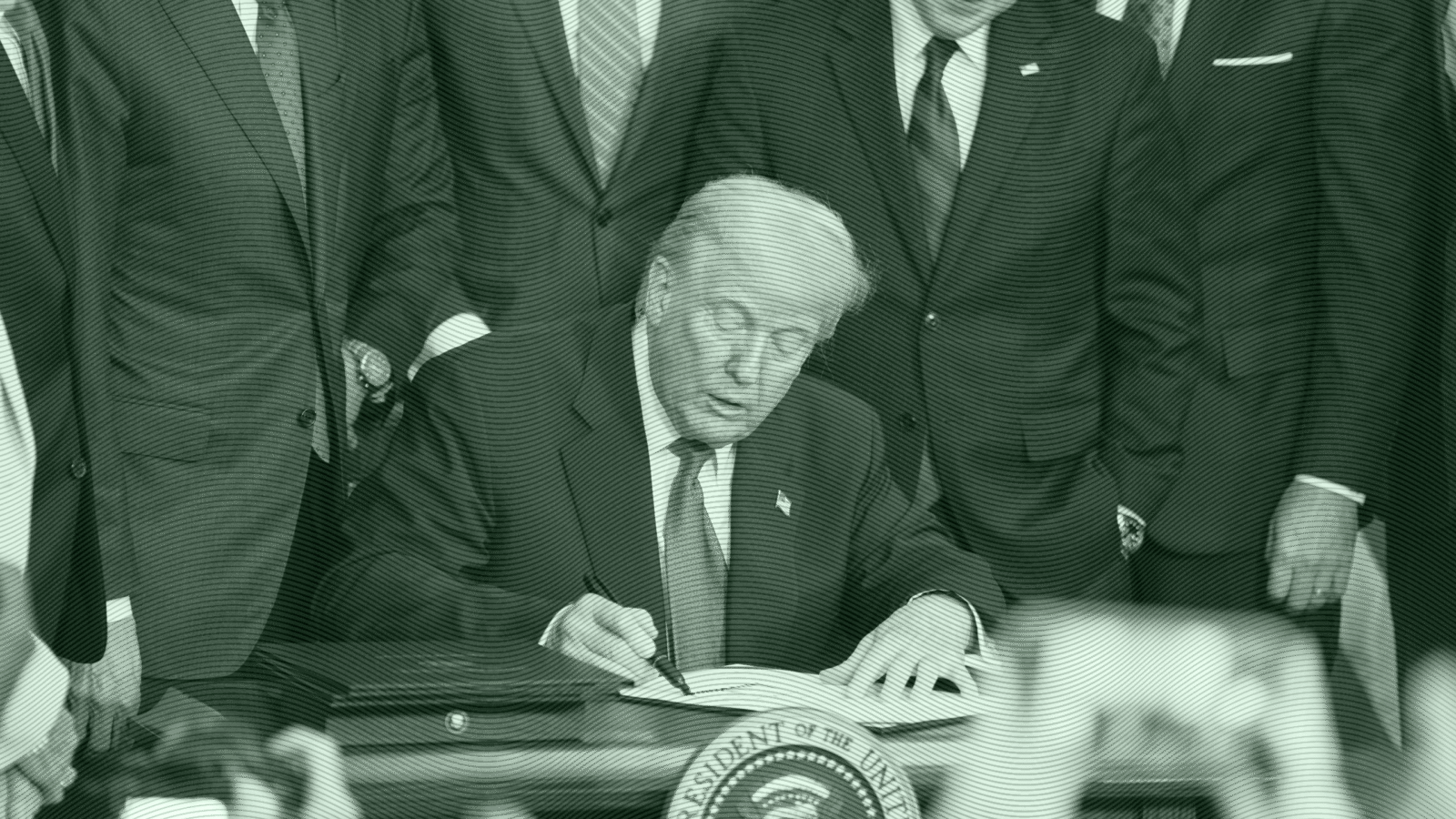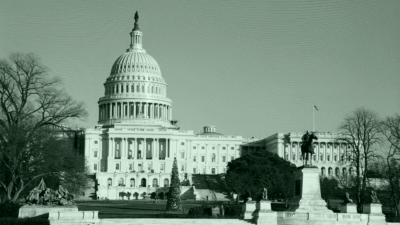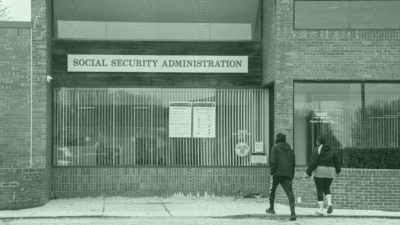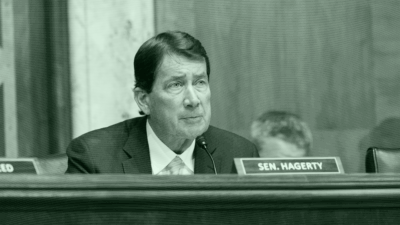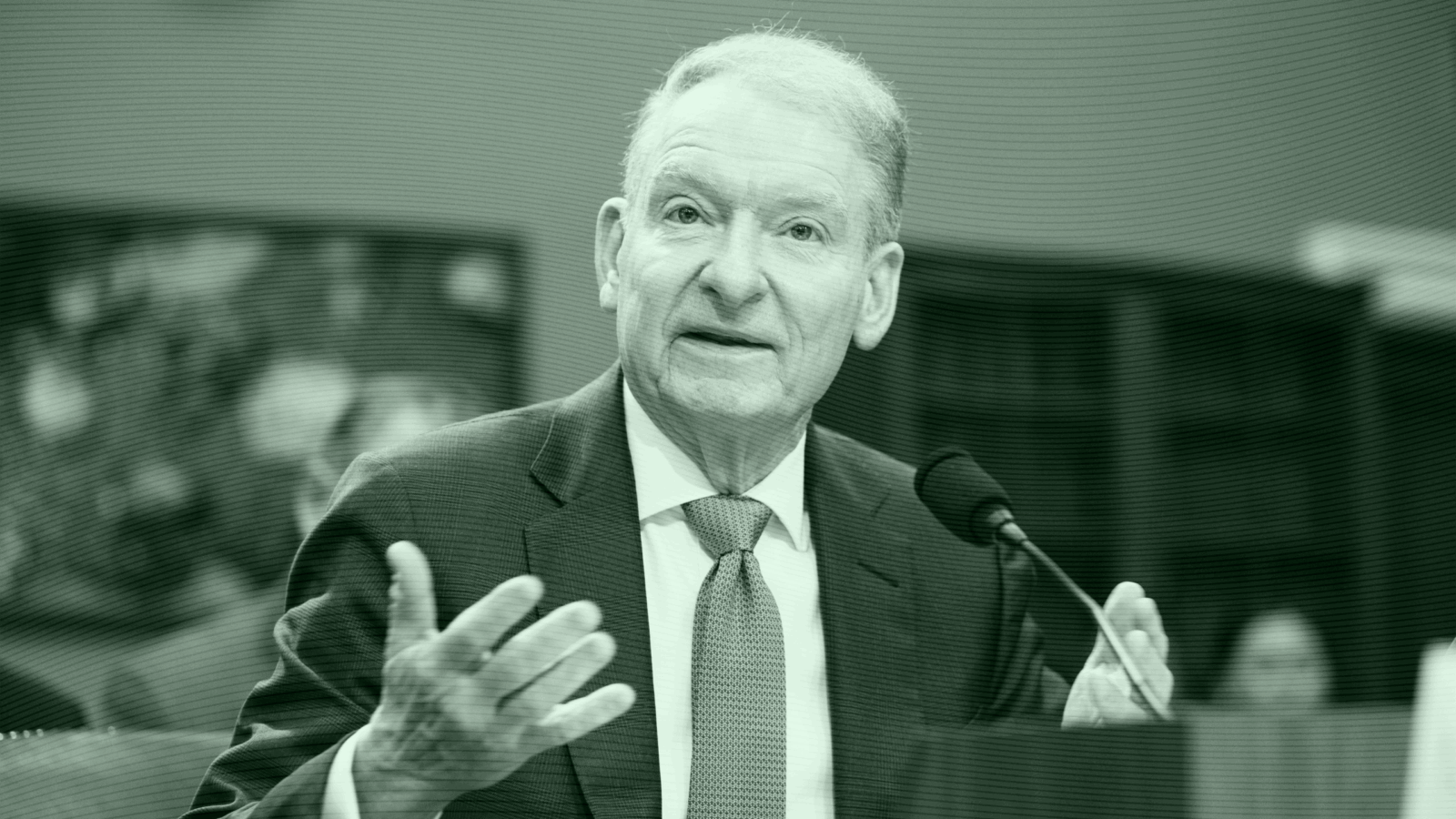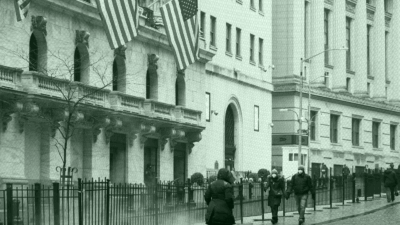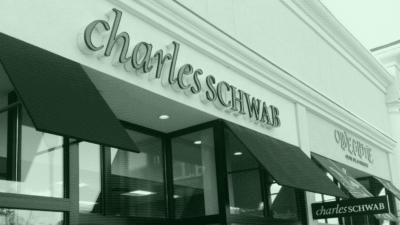Don’t Mess With Texas Stock Exchange’s $161m Raise
The project would provide a venue for smaller, private companies to list, and open up new investment opportunities for clients.

Sign up for market insights, wealth management practice essentials and industry updates.
Maybe everything really is bigger in Texas.
The Texas Stock Exchange is trying to upend the New York Stock Exchange and the Nasdaq after a $161 million capital raise this week made it the most well-capitalized exchange launch in history. Dubbed “Y’all Street,” the new project is eyeing a 2026 debut and is backed by prominent names, including BlackRock, Charles Schwab and Citadel. CEO James Lee said the venture is “revitalizing competition,” and analysts believe TXSE could attract smaller listings like boutique markets in Toronto or Boston. While it’s not the first time an upstart exchange has tried to break into the US market, the project would provide a venue for smaller, private companies to list, and open up new investment opportunities for clients.
“As an industry we should be focused on structures that encourage companies to publicly list,” said Jack Miller, Baird’s head of global execution.
All My Exes Live in Texas
TXSE might actually have a shot considering the sheer number of companies that call Texas home, experts said. The state boasts more Fortune 500 firms than any other in the US and recently welcomed Big Tech companies, like Tesla and Hewlett Packard, and mega-brokerages like Charles Schwab, all ex-California natives. There are now more than 5,200 private-equity backed companies in the state, according to a release, and that means plenty of opportunity for TXSE.
While the exchange doesn’t officially toe the “anti-woke” line, TXSE is definitely riding a broader cultural wave of lower-tax, laxer-regulation that is meant to prioritize business’ bottom lines. Texas has been on the frontlines of the “anti-woke” movement that slams ESG and DEI initiatives for allegedly putting social causes before investors’ best interests. And with the Trump administration backing anti-woke agendas, the exchange may get an added boost. “TXSE may not endorse the ‘anti-woke’ moniker but this is definitely part of a broader trend,” Miller said.
Yee-Haw. Still, it’s not the first time new exchanges have taken on the heavyweights in the Empire State. There are approximately 13 exchanges operating in the US as of today, according to Fi Money. The fact that the average investor can only name two illustrates the uphill battle. “Traders aren’t asking for another exchange,” Miller told The Daily Upside.
One of the most prominent recent launches was the Long-Term Stock Exchange in 2016, although it now has just two companies listed on its exchange. The Green Impact Exchange filed with regulators in July with the aim of establishing the first sustainability-focused stock exchange in the U.S. The project has raised just $3 million to date, according to Tracxn.com.
“I am skeptical that listing exchanges are the actors best positioned to affect capital formation or corporate governance decisions in a meaningful way,” Miller said. “But they certainly have a mouthpiece to influence the dialogue.”
